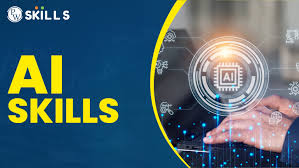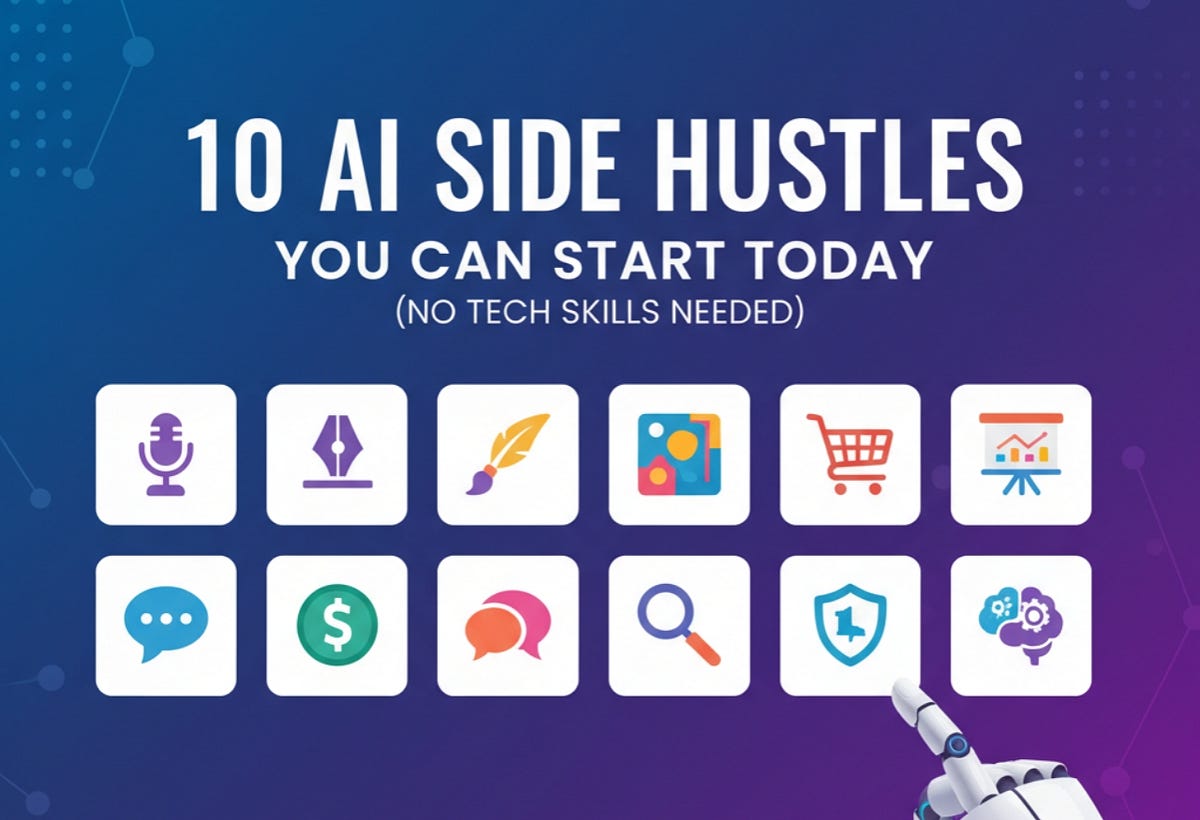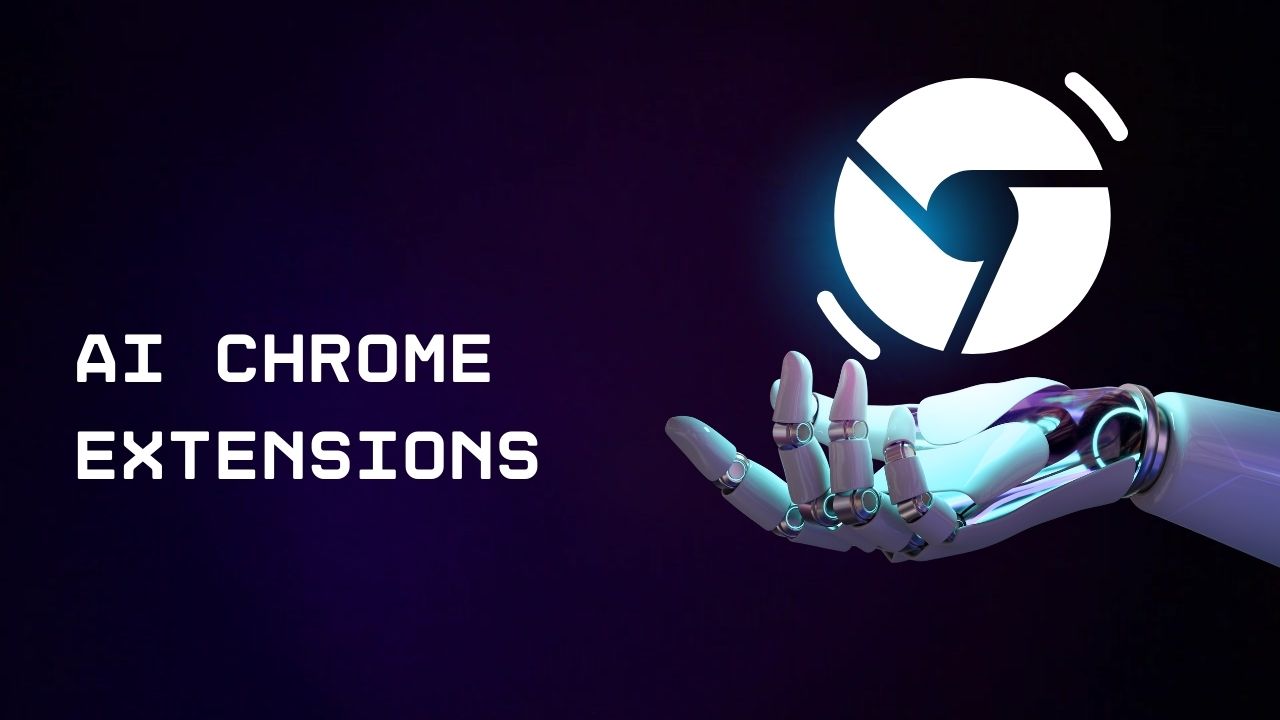
Top 10 AI Skills of the Future: Master These in 2025 to Stay Ahead
The AI revolution isn’t slowing down—in fact, it’s accelerating. By 2030, the World Economic Forum predicts that technological skills like AI and big data will top the list of in-demand competencies, with 39% of core job skills evolving due to macro trends like green transitions and economic shifts. This creates 170 million new jobs globally, but displaces 92 million, netting a 78 million gain—if you’re equipped with the right skills.
Whether you’re a developer, marketer, or career switcher, mastering AI isn’t optional; it’s essential for thriving in 2025’s job market. Drawing from reports like the WEF’s Future of Jobs 2025, Coursera’s AI insights, and community-driven lists from AI pros, we’ve curated the top 10 AI skills poised to dominate. These blend technical prowess with adaptive mindsets, ensuring you’re not just employable but indispensable.
We’ll break them down with why they matter, real-world applications, and quick-start tips. Ready to level up? Let’s dive in.
Why These AI Skills Will Define Success in 2025 and Beyond
AI isn’t just tools—it’s a skill multiplier. Employers surveyed in the WEF report emphasize that tech skills will grow fastest, outpacing others by 2028. But it’s not all code: Human elements like curiosity and resilience rank high too, as AI handles routine tasks, freeing us for innovation.
Our top 10 prioritizes:
- Technical Core: Building and optimizing AI.
- Practical Edge: Automation and ethics for everyday impact.
- Future-Proof Soft Skills: Adaptability in an AI-driven world.
Pro tip: Start with free resources like Coursera or Hugging Face to build these incrementally—many pros report 20-30% productivity boosts within months.
The Top 10 AI Skills of the Future: Ranked and Explained
Here’s our curated list, ranked by projected demand from aggregated insights across WEF, Coursera, and AI communities. Each includes key applications and entry points.
| Rank | Skill | Why It Matters in 2025 | Key Applications | How to Get Started |
|---|---|---|---|---|
| 1 | AI and Machine Learning Fundamentals | Tops WEF’s rising skills; enables building models that learn from data, fueling 70% of new AI jobs. | Predictive analytics, recommendation engines. | Coursera’s Machine Learning by Andrew Ng (free audit). |
| 2 | Prompt Engineering | Crafts precise inputs for LLMs like GPT; boosts output quality by 40% in tests, essential for non-coders. | Content generation, chatbot tuning. | Practice on FlowGPT or Prompt Engineering Guide. |
| 3 | Data Analysis and Big Data | AI thrives on data; WEF ranks it #1 for handling vast datasets in big data roles. | Insights from unstructured data, fraud detection. | Learn Python/Pandas via Kaggle datasets. |
| 4 | Programming for AI (e.g., Python, R) | Core for 80% of AI roles; Coursera calls it vital for algorithms and apps. | Developing ML models, scripting automations. | Codecademy’s Python for Data Science (free tier). |
| 5 | AI Ethics and Responsible AI | IBM forecasts ethics as key amid biases; ensures trustworthy AI in regulated industries. | Bias audits, fair algorithm design. | Google’s Responsible AI Practices course. |
| 6 | Workflow Automation and AI Agents | Automates multi-step tasks; Reddit pros highlight it for 50% time savings in ops. | CRM updates, lead nurturing via Zapier/CrewAI. | Build with Zapier (free plan) or AutoGen tutorials. |
| 7 | Natural Language Processing (NLP) | Powers chatbots and translation; Coursera notes its role in human-like AI interactions. | Sentiment analysis, voice assistants. | Hugging Face NLP course (hands-on). |
| 8 | AI Cybersecurity and Networks | WEF’s #2 skill; protects against AI-driven threats like deepfakes, with 25% job growth. | Secure model deployment, threat detection. | Cybrary’s AI Security basics. |
| 9 | Generative AI and Multimodal Tools | Creates text/images/video; exploding for content, with tools like Midjourney leading creative jobs. | Marketing visuals, video editing. | Experiment with Runway ML or ElevenLabs. |
| 10 | Lifelong Learning and Human-AI Collaboration | WEF’s #6; fosters resilience as AI evolves—curiosity drives 30% better adaptation. | Team oversight of AI outputs, ethical integration. | Join communities like Ben’s Bites newsletter. |
These skills aren’t isolated—combine them (e.g., prompt engineering + automation) for exponential value. For instance, AI agents using RAG (retrieval-augmented generation) can query docs autonomously, slashing research time.
How to Build These AI Skills: A 2025 Action Plan
Don’t overwhelm yourself—focus on 2-3 to start:
- Assess Gaps: Use LinkedIn’s skills quiz or WEF’s free reskilling tools.
- Hands-On Practice: Platforms like Kaggle or Replicate offer project-based learning.
- Certifications: Aim for Google AI Essentials or IBM AI Ethics badges for resumes.
- Stay Current: Follow trends via The Rundown AI newsletter—new tools drop weekly.
By 2025, 85% of companies plan AI upskilling, per IBM, so proactive learners win big. Remember, AI amplifies humans: Pair tech skills with creativity for standout roles.
Wrapping Up: Your Future Starts with One Skill Today
The top AI skills of 2025—from machine learning to ethical oversight—aren’t just buzzwords; they’re your ticket to a dynamic career in a world where AI creates more opportunities than it takes. As the WEF notes, blending tech with human strengths like agility will separate thrivers from survivors.
Which skill resonates most? Drop it in the comments—we’d love to hear your plan. For more career boosters, check our guides on AI tools for content creation. Stay curious, stay ahead!



